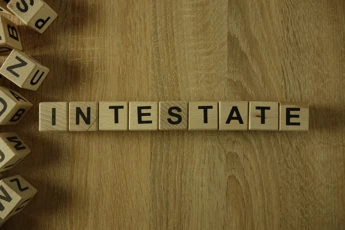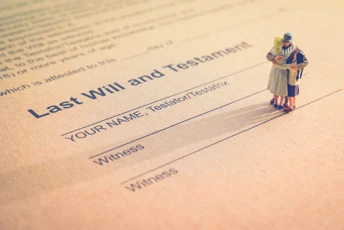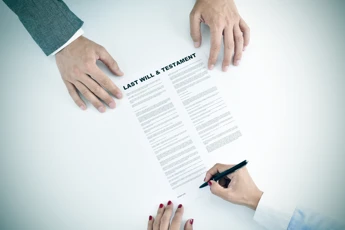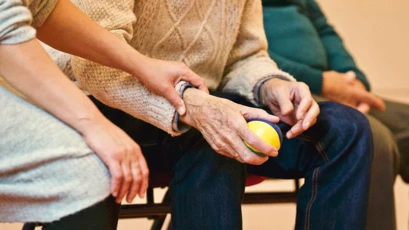All too often, couples don’t fully discuss the implications of the death of a spouse or partner. This has the potential to create additional stress that could have easily been avoided. It's worth taking some time out to consider the following areas of your family’s finances:
Inheritance tax (IHT)
If you own your home on a joint tenancy basis and are married, there will be no tax liability when the first partner passes away. This is because anything left to a spouse or registered civil partner is not subject to IHT. The same applies when you each own half the home as tenants in common, and you’ll both leave your share to the surviving spouse.
However, a surviving spouse must be a permanent UK resident for an unlimited amount to be IHT-free. Otherwise, the reduced amount is IHT-free.
Pension provision
If you die before drawing your pension benefits, you also need to consider what death benefits will apply under your current and any earlier pension arrangements. For example, will a lump sum death benefit be payable? Will provisions be made for the pension to be payable to a surviving spouse, registered civil partner, or dependants?
If a lump sum is payable to one or more potential beneficiaries (and is at the discretion of the trustees of your scheme), you’ll need to ensure that your chosen beneficiaries are eligible. You’ll then need to notify the trustees regarding who you would like to be considered when making any lump sum payments. Schemes typically have a benefit nomination form for this purpose.
Investments
Provided you say so in your will, investments, investment trusts, and shares can revert to your spouse or registered civil partner when you die. However, in some instances, the tax advantages of certain investments may be lost. If you have a substantial investment portfolio, it may be advisable to leave some of the investments in your will directly to your children or grandchildren. This will enable you to make use of the IHT nil rate threshold, provided you leave enough for your surviving spouse or registered civil partner to live on.
Don’t assume everything will automatically go to your spouse or registered civil partner when you die. Ensure that you have a properly drawn-up will. In addition to your spouse or registered civil partner, ask someone else to be an executor, and make sure everyone involved knows they can find a copy.
Don’t leave any of these areas to chance
The information provided is for general guidance only. However, if you leave any of these areas to chance, they will almost certainly cause further distress to your spouse/registered civil partner and family in the event of your premature death.
We've partnered with Carr Mitchell for online wills. For a full analysis of your current financial position, please contact Carr Mitchell for an assessment of your particular situation.









